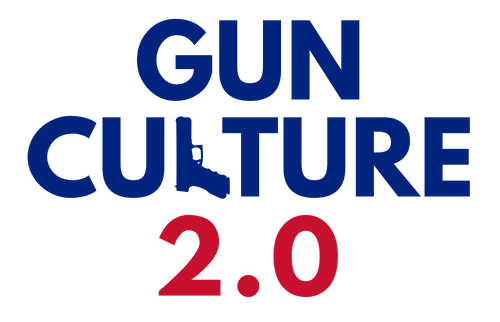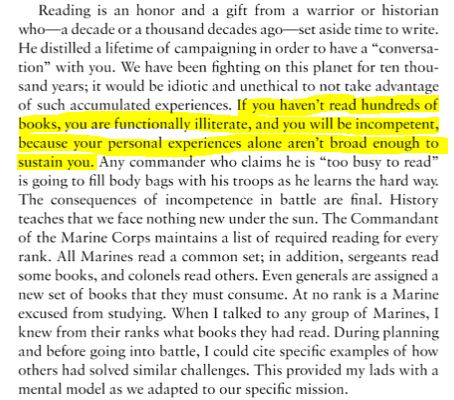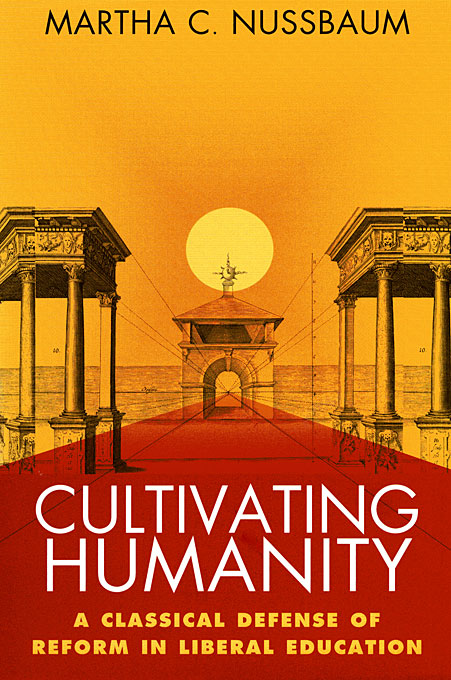Self-defense trainer and man of letters Greg Ellifritz (Active Response Training) recently wrote an instructive blog post on “Institutional Memory.” It was occasioned by an essay by Chris Cerino (of “Top Shot” fame) titled A Short History Of Pistol Shooting Techniques.

Cerino’s article recalled for Ellifritz a conversation he was having with fellow trainer Tom Givens about how few contemporary gun trainers are “fully aware of the history and evolution of the art.” The “institutional memory” — the collective knowledge and experiences — of the gun training community has been or is being lost.
To wit: Karl Rehn of KR Training has been working hard on a book on the history of handgun training and technique, as well as an historical handguns class, but what he imagined would be a two-day course he found he could not sell as such.

There are many consequences of this loss (which Ellifritz discusses), including Santayana’s old warning, “Those who cannot remember the past are condemned to repeat it.”
In response, Ellifritz lists in his Active Response Training blog post over 50 books that if read would be a good start in the process of reinvigorating the institutional memory of the gun training community.

Wow, many people might think, that’s too many books. Ain’t nobody got time for that. (People have definitely said that my 37 minute long YouTube video is too long for people’s taxed and shrunken attention spans.)
Others, like General James “Mad Dog” Mattis would scoff at reading a mere 50 books. How do I know? Because I have been reading his recently released autobiography, Call Sign Chaos.
In a passage that immediately caught my eye, Mattis writes,
If you haven’t read hundreds of books, you are functionally illiterate, and you will be incompetent, because your personal experience alone aren’t broad enough to sustain you.
Not only did this have me thinking about the state of reading today, Mattis’s idea that our “personal experiences alone aren’t broad enough” recalled some earlier reading I had done for my first book (on higher education).
In Cultivating Humanity, philosopher Martha Nussbaum advocates for liberal education in the Greek and Roman Stoic sense of “liberal”:
it liberates the mind from the bondage of habit and custom, producing people who can function with sensitivity and alertness as citizens of the whole world. This is what Seneca means by the cultivation of humanity.
This involves, among other things, “the capacity for critical examination of oneself and one’s traditions — for living what, following Socrates, we may call ‘the examined life.'”
Reading allows us to transcend the limitations of the prison-house of our own personal experiences. Kudos to Mad Dog for highlighting the importance of this.




I just finished reading “Call Sign Chaos,” two days ago. It’s a great book and I highly recommend it, especially for those new to leadership or management. And of course those who are interested in history. And yea, he’s right about reading.
LikeLiked by 1 person
If they had a love button, I would click it. You hit the nail on the head. I work at a college running a tutoring center. It amazes me how many students cannot comprehend material because they can’t or don’t read it. Many of them are functionally illiterate. It’s not that they can’t read, they just don’t. And it has crippled their ability to comprehend meaning as they come to college.
LikeLiked by 2 people
Reblogged this on The Philosophical Fighter and commented:
“If you haven’t read hundreds of books, you are functionally illiterate, and you will be incompetent, because your personal experience alone aren’t broad enough to sustain you.” – Jim “Mad Dog” Mattis
LikeLike
[…] Reading and Literacy (and Maybe Even Humanity) […]
LikeLike
[…] Reading and Literacy (and Maybe Even Humanity), Gun Culture 2.0 […]
LikeLike